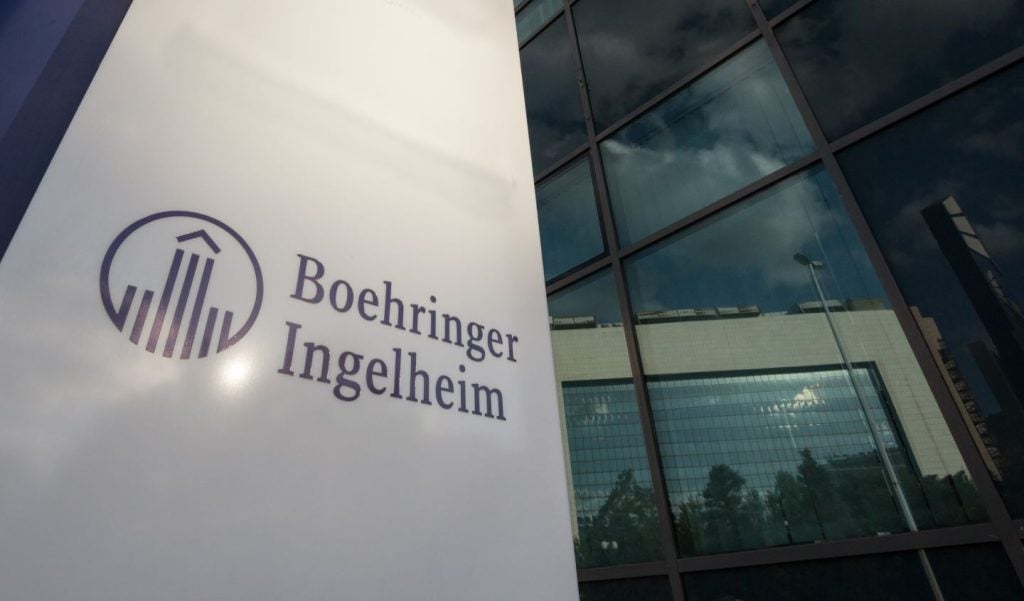As Eli Lilly’s donanemab inches towards its judgment day, the US Food and Drug Administration (FDA) announced that it will delay action to convene an advisory committee to better understand the safety and efficacy of the anticipated Alzheimer’s disease treatment.
Initially, the FDA planned to take action in Q1 2024. However, as per an 8 March press release, Lilly shared that the FDA Peripheral and Central Nervous System Drugs Advisory Committee (PCNS) will assemble at a future date to discuss the Phase III TRAILBLAZER-ALZ 2 (NCT04437511) study that evaluated donanemab in patients aged 60-85 years with early symptomatic Alzheimer’s.
Aside from reviewing safety and efficacy, the committee is looking to answer questions about the study design, the decision to end treatment based on amyloid plaque assessment, and the enrollment of patients based on tau levels. Higher tau levels are correlated with a more advanced stage of the disease.
"It was unexpected to learn the FDA will convene an advisory committee at this stage in the review process, but we look forward to the opportunity to further present the TRAILBLAZER-ALZ 2 results and put donanemab's strong efficacy in the context of safety,” said Anne White, executive VP of Lilly in the statement.
Lilly will work closely with the FDA to answer all remaining questions, she added.
In TRAILBLAZER-ALZ 2, donanemab was reported to have slowed disease progression by 35% on the integrated Alzheimer’s Disease Rating Scale (iADRS) compared to placebo. In addition, donanemab slowed disease progression in patients with high levels of tau by 29%.
Lilly has navigated bumps in the road with donanemab. Aside from the “unusual” delay of agency action announced today, the giant failed to gain an FDA-accelerated approval for the treatment in January 2023. It is also important to note that when Lilly first published results from the Phase II TRAILBLAZER-ALZ study, experts were sceptical about the interpretability of iADRS, which was used as a primary endpoint in both the Phase II and Phase III studies.
By comparison, the Phase III study of a leading competitor—Eisai’s Leqembi (lecanemab)—used the well-established primary endpoint of Clinical Dementia Rating-Sum of Boxes (CDR-SB), which Lilly employed as a secondary endpoint in TRAILBLAZER-ALZ 2, and Biogen used a primary endpoint of a failed Phase III trial of Aduhelm (aducanumab).
More recently, Biogen announced that it will end development and forfeit the rights to Aduhelm after the drug’s tumultuous journey that includes limited reimbursement and access, as well as controversy surrounding its price tag.
















